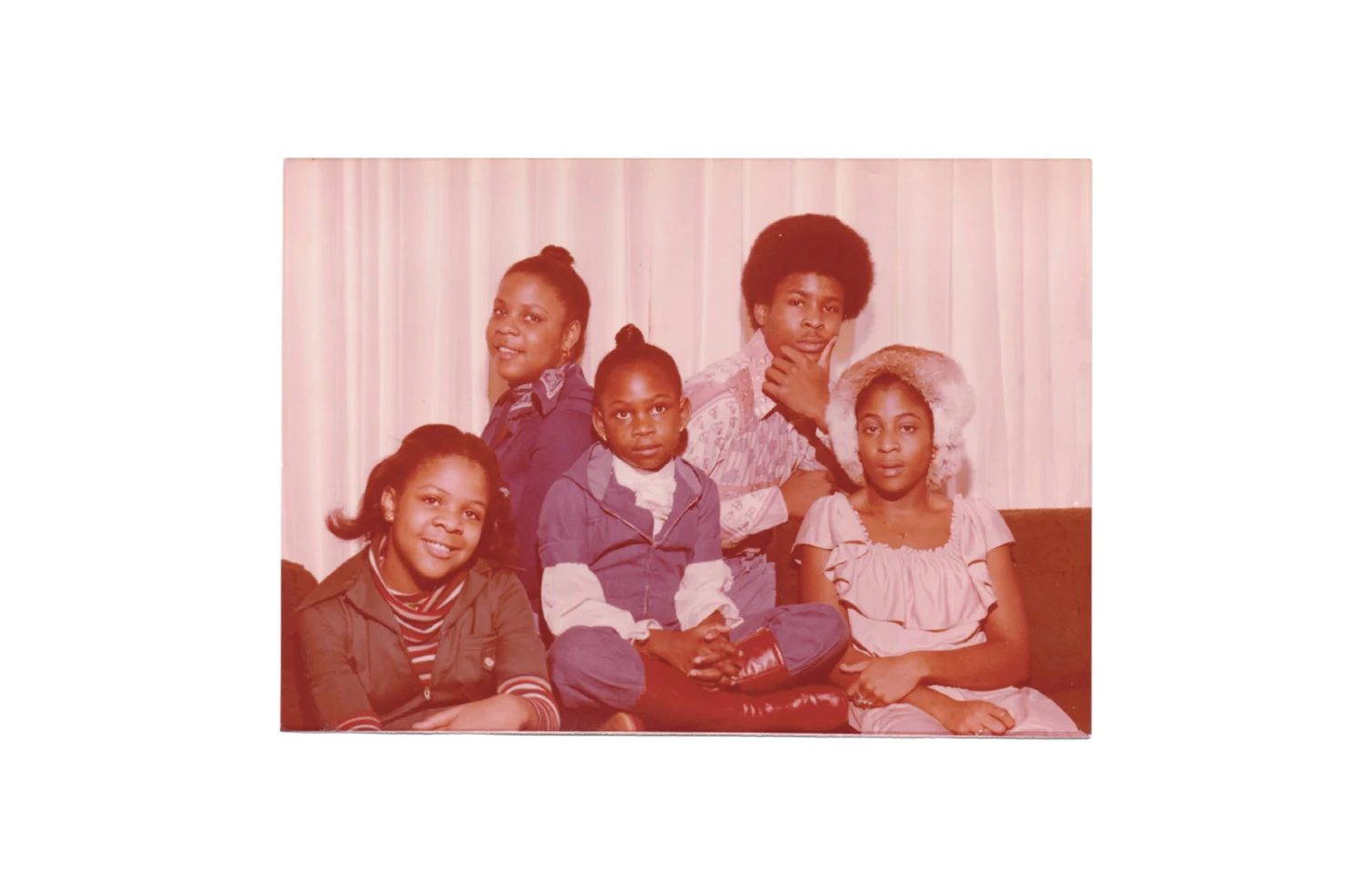what happens in rooms without color
“We are northeastern Iranians, northwestern Iranians, Elamites, and those from Mesopotamia, Judea, east central Turkey, the coastal areas of the Black Sea, Asia, north central Turkey, southern Turkey, Egypt, Libyans who are neighbors of Cyrene, visitors from all over the Roman empire, both Jews and converts to Judaism, Cretans, and Arabs. Yet we hear them speaking of God’s mighty wonders in our own dialects!” They all stood there, dumbfounded and astonished, saying to one another, “What is this phenomenon?”
Acts 2:9-12
I am a city girl through and through. I love trees—that is, trees that are lining an avenue. I love vast blue skies—skies that are dotted with skyscrapers. If there are sidewalks and sirens and street musicians and taxis and food carts and subway trains and buses, I call that a vacation spot, a place to unwind. Oh, give me a city crammed with too many people and too many things to choose to do, and I feel calm.
Perhaps it’s because I have been lucky. Most of what I dreamed city life would be turned out to be true. I lived most of my adult life in my beloved Chicago. I dined in fancy restaurants (one of the perks of working in the industry is getting to be a big ole poser at restaurant openings). I danced until dawn at night clubs and spent afternoons puttering around museums and obscure bookstores. I went to poetry slams and wandered around gallery openings. I watched movies in the park beneath the stars. I shopped at boutiques that sold only soap and bought goat cheese from farmer’s markets. It was a good life.
Coming from a pretty small town that was 20-25 minutes outside of any major city also caused my heart to naively idolize everything about city life. I believed that everyone was living their own Annie Hall screenplay, complete with soundtrack. It was the city, and therefore it was there for everyone regardless of race or gender, right? Everyone was either Carrie, Mr. Big, or Stanford. We were all dreamers bound to make a go of it, so I thought. But, it turned out that even the city had its preferences, and it preferred to be white and educated. It never entered my mind that there were doors in my city that weren’t meant for me to walk through.
One night, my ex-husband and I decided to go to the luxurious, famous Drake Hotel, to have drinks and listen to the piano player in the lounge. We called up some friends—two other black couples—to meet us there. One of the guys asked us, “The Drake? Do black people go there?” I asked my ex, “What does he mean do black people go there? We go everywhere.” My ex rolled his eyes, holding the phone to his chest. He didn’t bother explaining the long history of segregation and racial tension in Chicago. He didn’t bother to point out that of course we go everywhere, but we were the only black couple - at least that we knew of - living on our block in our Northside Chicago neighborhood. “Tell him I don’t know if black people go there,” I said irritated. “But we’ll be there tonight.”So, we went. And we were the only black people there. From that night on, I began to notice how often Carrie, Mr. Big, and Stanford, were in the rooms that I was in as well. I also began to notice that I rarely saw anyone resembling the cast of Living Single or a Spike Lee movie.
When rooms are without a spot of color, we miss perspectives and stories, and I think also a bit of something holy. And yet I have spent my life entering rooms of pure white over and over again. Sometimes, the absence of color feels like the absence of skin—it’s raw and tender. Sometimes, it feels hostile.
Two years ago, my husband and I attended a back-to-school event. We showed up because that’s what good parents are supposed to do. To be honest, I felt at the time that being the only black mom at the school meant not showing up wasn’t an option for me. So, we sat and listened to all the department heads tell us what our kids would be learning that school year. The night took a turn for me when the head of the history department talked about how our kids were being groomed to be great public speakers. She explained how assigning recitations and debates were part of the process of teaching them how to speak well. She then talked about the slave debates that the students would be having in 11th grade history class, and how each student would need to argue both for and against slavery. (If you’d like to read more about this incident, please go back and read my devotional on what it means to be “woke”.) My heart nearly stopped because I knew that my daughter would be the only black girl in her class to participate in that assignment. Of course, I could never allow her, or any other student for that matter, to participate in such an assigment. What would she feel like facing a classmate who was defending slavery, and how would that classmate feel presenting a defensive argument for the oppression of my daughter’s ancestors to her face? No, this could not happen.
But, this is what happens when rooms without color make plans and decisions. Differing and valuable perspectives go missing and offenses more often than not occur.
Rooms without color are not God’s way. It doesn’t fully represent His image and it dismisses Jesus’ call for us to be united, ignoring what true redemption and freedom will be like in His kingdom. Take a look at what Luke writes about the Pentecost:
“On the day of Pentecost was being fulfilled, all the disciples were gathered in one place. Suddenly they heard the sound of a violent blast of wind rushing into the house from out of the heavenly realm. The roar of the wind was so overpowering it was all anyone could bear. Then all at once a pillar of fire appeared before their eyes. It separated into tongues of fire that engulfed each one of them. They were all filled and equipped with the Holy Spirit and were inspired to speak in tongues—empowered by the Spirit to speak in languages they had never learned! Now, at that time there were Jewish worshippers who had emigrated from many different lands to live in Jerusalem. When the people of the city heard the roaring sound, crowds came running to where it was, coming from stunned over what was happening, because each one could hear the disciples speaking in his or her own language. Bewildered, they said to one another, “Aren’t these all Galileans? So how is it that we hear them speaking in our own languages? We are northeastern Iranians, northwestern Iranians, Elamites, and those from Mesopotamia, Judea, east central Turkey, the coastal areas of the Black Sea, Asia, north central Turkey, southern Turkey, Egypt, Libyans who are neighbors of Cyrene, visitors from all over the Roman empire, both Jews and converts to Judaism, Cretans, and Arabs. Yet we hear them speaking of God’s mighty wonders in our own dialects!” They all stood there, dumbfounded and astonished, saying to one another, “What is this this phenomenon?” Acts 2:1-12
God’s Image is not white. It’s not black or Asian or Latino. It’s not Greek or Hebrew or Jewish or Gentile. It is many, many colors, languages, ethnicities, and cultures. In fact, His Image is All People. When His All-Encompassing Image is expressed through the work of the Holy Spirit, it is so overpowering that it roars! It blows doors open. It rages like a fire and it engulfs all in its path. It bewilders and astonishes. It speaks of His wonders in every language and every dialect. It is a phenomenon that stuns us so much that we can hardly bear it. It fills, inspires, and equips us, pouring out gifts of love, joy, peace, patience, kindness, goodness, faithfulness, gentleness and self-control to anyone who’s willing to receive them.
When we continue to try to fill our rooms without a fuller representation of the Imago Dei - the Image of God - we don’t see His Complete Image. We only see a fraction of His wonder. And so, my dear white friends, hear this: when rooms are without color, we hold slave debates in classrooms; we burn crosses and torches and march through cities shouting racial slurs; we call the police on innocent people; we shoot children and rub out God’s Image until all goes dark and dim. Friends, when we continually fill our rooms, churches, classrooms, offices, coffee shops, gyms, etc. with only white people, we are not fully participating in His Kingdom because we are not being fully human, made in His Diverse, All-Encompassing Image. Therefore, we receive no Spirit, no fire, no wind.










